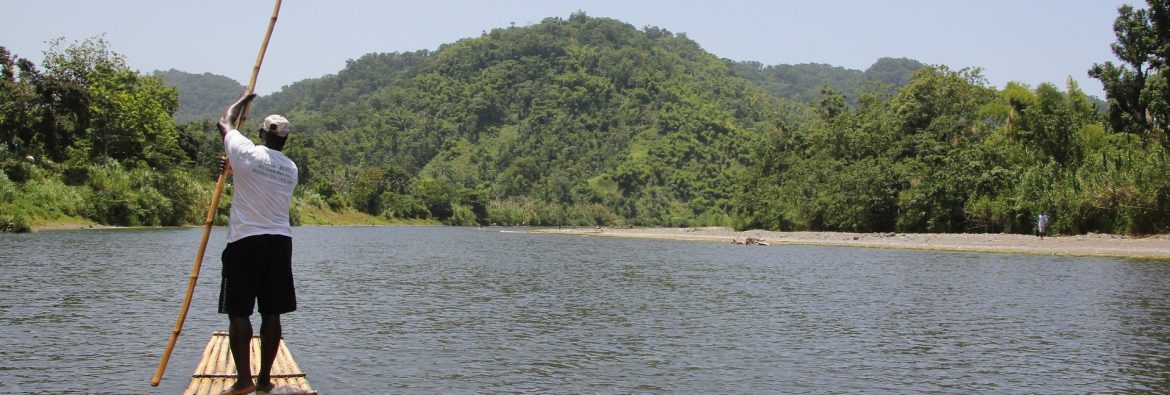Jamaican farmers will be getting a £16.7 million boost to help them increase productivity and gain greater market access. This has been made possible through a grant from the United Kingdom Department for International Development (DFID), under the UK Caribbean Infrastructure Partnership Fund (UKCIF), which is administered by the Caribbean Development Bank (CDB). At its meeting recently, the Board of Directors of CDB agreed to the grant for the Southern Plains Agricultural Development Project (SPAD).
The project will target 795 hectares of government-owned lands which will be leased to farmers in the communities of Amity Hall in St. Catherine and Parnassus in Clarendon. It will provide essential agricultural production and market infrastructure and marketing systems for the farmers. Small and medium-sized farmers will make up the majority of the beneficiaries with 495 hectares allocated for them. Some 15 percent of the space – 124 hectares – will be reserved for women farmers and 70 hectares for young farmers.
The planned infrastructure works, incorporating climate resilience measures, will include improved irrigation, drainage and flood control systems, and farm roads expansion and rehabilitation. Farmers will also benefit from marketing systems enhancement, including the construction of new pack houses and associated facilities in support of farmer compliance with the GLOBAL GAP standard. These structures will incorporate both renewable energy and energy efficiency measures.
CDB Director of Projects, Daniel Best, said the project is aligned with the recently launched Essex Valley Agricultural Project in St. Elizabeth, Jamaica and, once again, demonstrated how strategic investments in agriculture could help transform the region’s economies.
“We know that agriculture has the potential to drive economic growth in the Caribbean and so we’re excited to support this very significant project,” said Best. “A preliminary finding from an ongoing CDB-financed study – the ‘State of Agriculture in the Caribbean’, is the need for modernization of our systems, techniques, and structures to push agriculture to the next level. We know that farming done right can create better lives and reduce poverty in our communities. This project is geared to helping make that happen for Jamaicans, and we are pleased to partner with the government and people of Jamaica on it.”
Best also highlighted the project’s focus on creating linkages with other industries, particularly retail, processing, and tourism, adding: “Aligning agriculture and tourism, another major industry in Jamaica, was also a key factor in our support for this project. As it stands right now, the demands of high-value markets within the tourism and retail sectors are largely met by imports. If we equip our farmers with state-of-the-art systems, they can provide high quality, safe, and nutritious products to those markets in a timely and consistent manner.”
The project is consistent with CDB’s corporate priority of supporting agriculture and rural development and its strategic objectives of supporting inclusive and sustainable growth. It also aligned with the Sustainable Development Goals (SDG) to end poverty and zero hunger as well as SDG 5 of gender equality and SDG 8 of decent work and economic growth.


